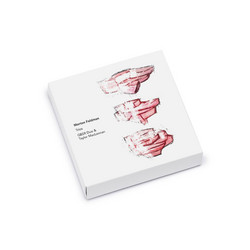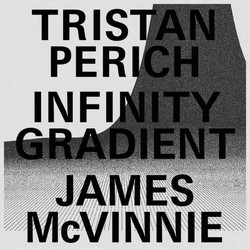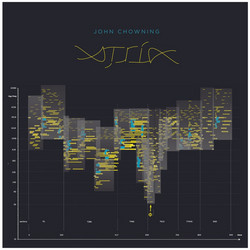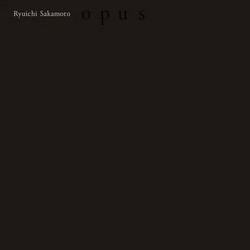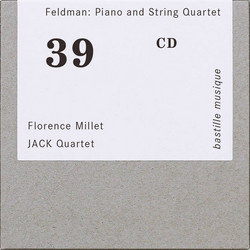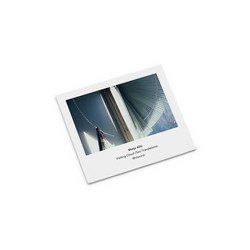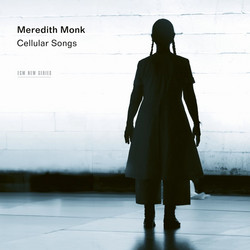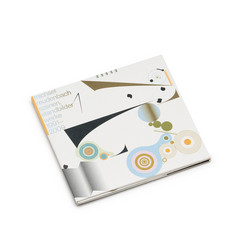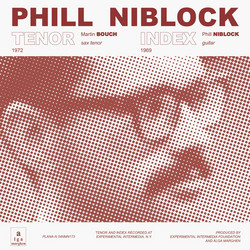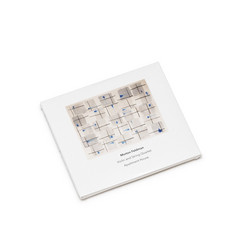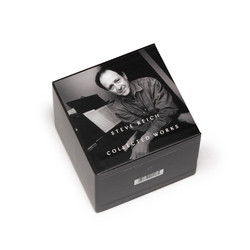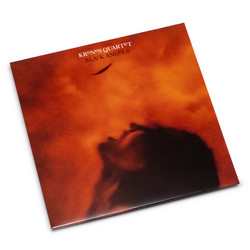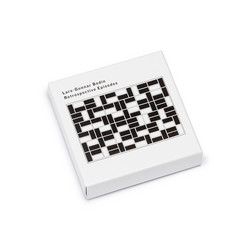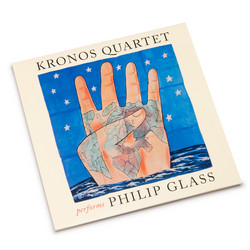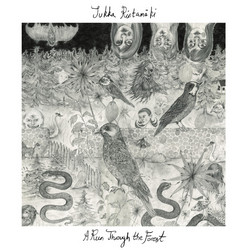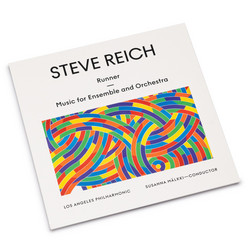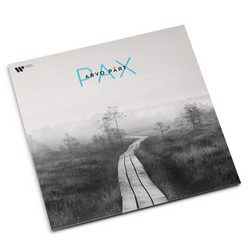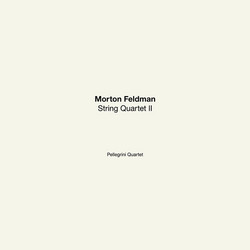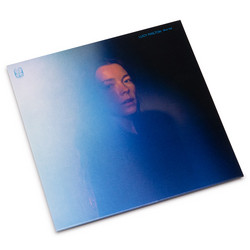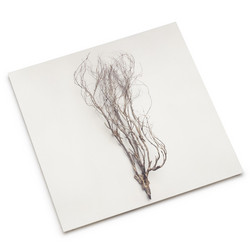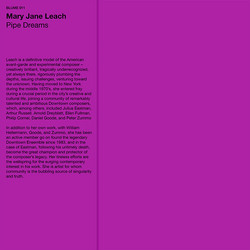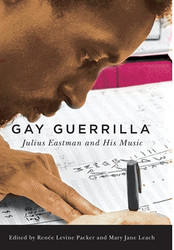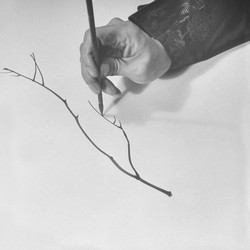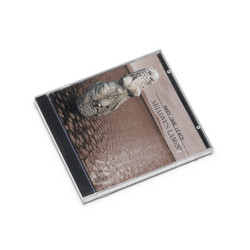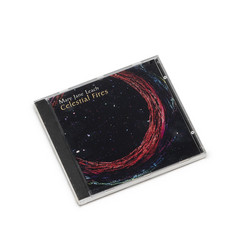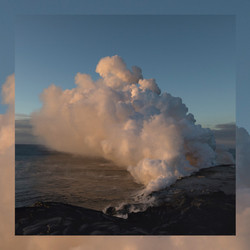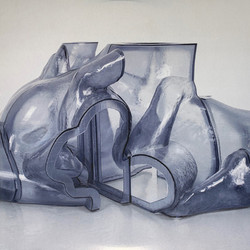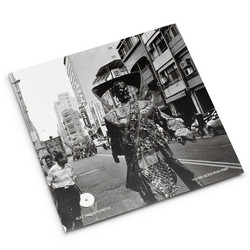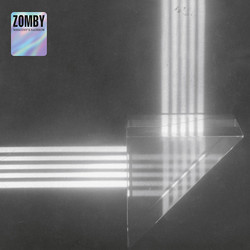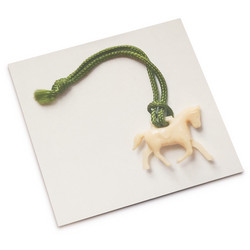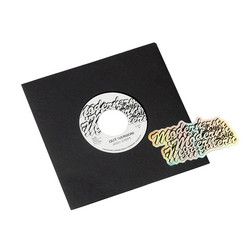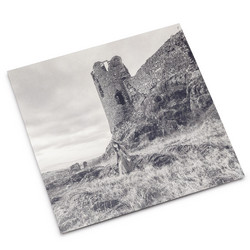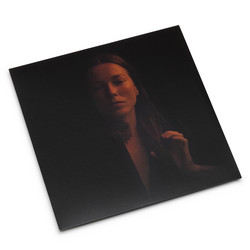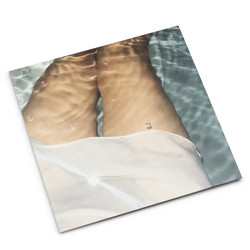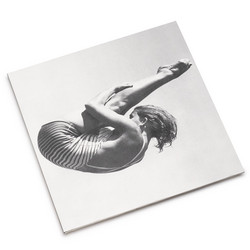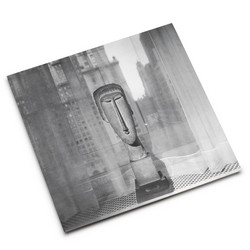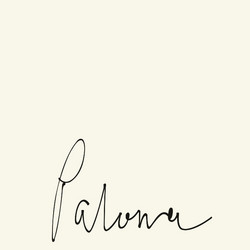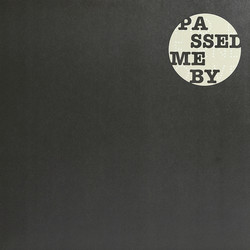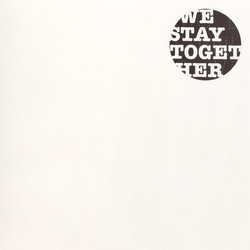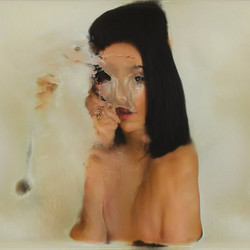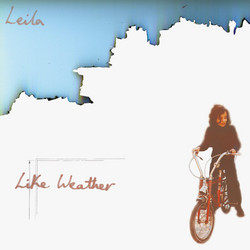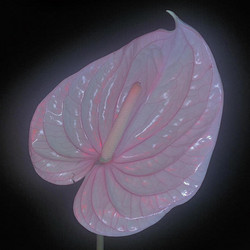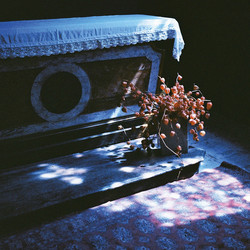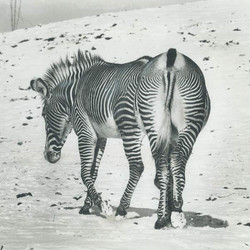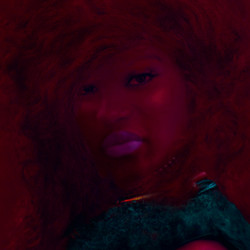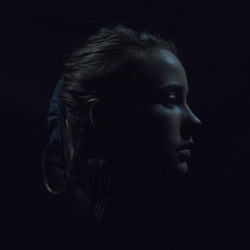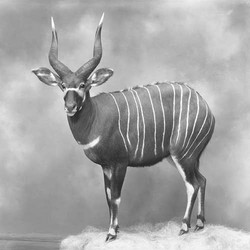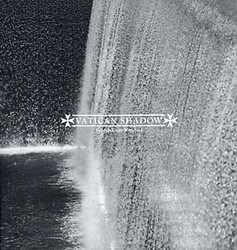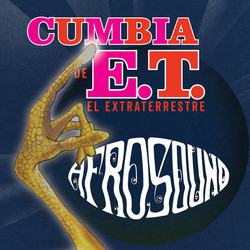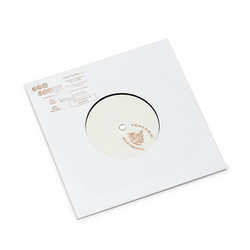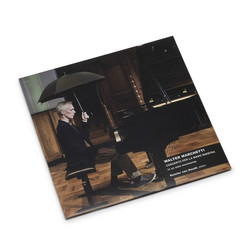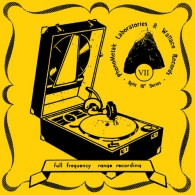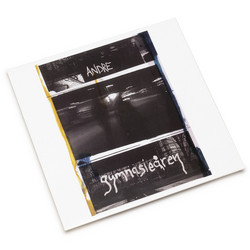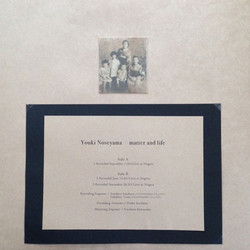Mary Jane Leach
(F)lute Songs (LP)
Four pieces for flute and voice composed between 1985-2018 by Mary Jane Leach, a pivotal part of NYC’s pioneering avant-garde community since the 1970s and an active member of the legendary DownTown Ensemble, working alongside peers including Arthur Russell, Ellen Fullman, Peter Zummo, Philip Corner and Arnold Dreyblatt, as well as devoting years to the preservation of Julius Eastman’s legacy since his death in 1990. Mary Jane's vinyl debut 'Pipe Dreams' arrived last year via the Blume imprint and completely blew us away, and '(f)lute songs’ is only her second vinyl release in over five decades, feeding and expanding our obsession with her work.
In the late 1970’s Mary Jane Leach was triggered by an interview she heard with Steve Reich in which he implored artists to figure out ways of becoming more self sufficient when it came to performance rather than relying on traditional group structures. At the time Leach had already began to experiment with recordings she had made of herself performing long sustained tones made on instruments she could play; mostly voice and bass clarinet, and gradually became fascinated by the sound phenomena resulting from layering tones on her multi-track tape machine. Reich’s thoughts, however, made Leach realise that she didn't have to restrict herself to instruments she could play and, in an indirect way, were the foundation for this album.
Trio for Duo (1985), was Mary Jane's first attempt at creating work for instruments she couldn't play; revolving around alto flute and voice. She explains "I had noticed that my voice matched the sound of the bottom fifth of the alto flute, and so the voice in this piece is sung to sound as much like an alto flute as possible. There are four parts, but only three play at the same time, one part passing off its last note to the next entering part, weaving a tapestry of matching and contrasting timbres. By using glissandos, more “extra-notated” sounds are created than appear on the page. I originally conceived of it with each part coming from four separate speakers placed in the four corners of a hall, but I realised that it sounds best on tape with a stereo mix.” The result is an incredible, highly engrossing study in phasing, the voice sung to sound as much like an alto flute as possible to the the extent that it becomes almost impossible to discern which parts are which.
Bruckstück (1989) was originally written for eight sopranos, but is played on flutes on this recording - using the same pitches, but sounding very different. It was commissioned by the Kulturamt in Köln to coincide with the opening of an exhibition of paintings by Jack Ox that were organised using an analysis of Bruckner’s Eighth Symphony. Mary Jane explains "The lowest parts (relatively speaking) represent the string section, using the same basic rhythm as Bruckner’s to set up the tonality throughout the piece. The rest of the voices represent the wind instruments. The piece is polyphonic, with a lot of closely resolving intervals - primarily major and minor seconds. Rather than writing linear melodies for one voice, I wrote melodies that are passed from one voice to another.” Dowland’s Tears (2011) was written for for nine flutes, thinking of it as a recording project and not a concert piece (it now has a “solo” tenth part added), while Semper Dolens (2018) is for solo and six taped flutes, with sustained harmony and dissonance in mind.
These recordings feature noted Roman flutist Manuel Zurria, who has worked with some of the most important composers around the world. In 1990 he founded Alter Ego, a leading group for contemporary music in Italy. Numerous composers have written pieces for him, and he has expanded the repertoire even further by re-orchestrating compositions into pieces for multiple flutes, as heard on almost forty albums.
If you're interested in sound phenomena or just looking for some of the most beautiful, avant garde music you'll hear this year; we reckon (f)lute songs is a bit of a masterpiece.
Edition of 300 copies
